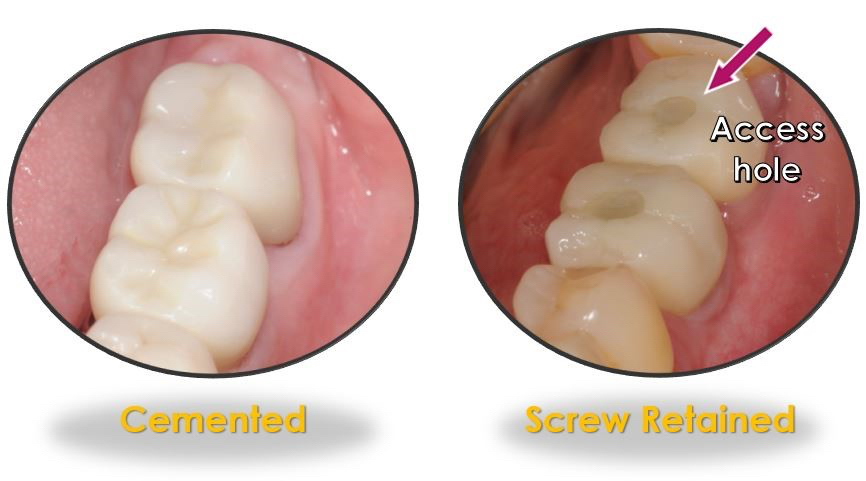Is Your Dental Hygienist Equipped with the Knowledge and Skill to Care for your Dental Implants?
The dental hygiene profession is light years behind on knowledge and the best practices for implant care. In a recent survey of 2,033 US dental hygienists, more than 90% of participants practicing in a general setting agreed on their lack of knowledge of how to properly care for patients with dental implants. One reason being that implant dentistry is a specialty requiring advanced education and hands on training. As someone who has invested so much time and money into the health of your mouth; how do you know your hygienist is equipped with the knowledge and skill to provide you with the quality of care you deserve? Here are some things you can look for:
Dental Implant Exam:
Your dental hygiene visit should consist of a thorough exam of your dental implants. Parts of the exam should include checking for mobility in the implant or crown, bite, food impaction, signs of inflammation, and cleansability. Your hygienist should also be knowledgeable about the different restorative types, their retention, and possible complications. For example, is the crown screwed onto the implant or is it cemented? Screwed retained implant crowns will have an access hole that should be evaluated for any missing filling material. Cemented implant crowns need to be closely evaluated for the possibility of residual cement. In addition to regular dental hygiene care, your maintenance visits should also include a yearly visit to the surgeon who placed the implant for optimal health!
Professional and at home maintenance is crucial for the long-term success of your dental implants. Both the dental hygienist and patient must be able to adequately and effectively clean the area. Poor plaque control is a major risk factor for implant infection. Because implants are not teeth, they require hygiene care that is outside of what is known to be traditional hygiene practices for natural teeth. For instance, studies have demonstrated the use of glycine powder in combination with a powder streaming device to be the safest way to thoroughly decontaminate the implant surface. Soft tissue diode lasers have also shown to be an effective tool for the prevention and management of implant disease. Your at home maintenance regimen should also resemble something that is “outside the box” from what you would normally do for natural teeth. An example of this would be the recommendation to use specialty brushes or oral irrigators as alternatives to dental floss due to an emerging complication known as “floss induced peri-implantitis”.

One advantage of dental implants are how closely they resemble natural teeth, however, the process of care for dental implants may require treatment recommendations that are outside of how we approach natural teeth. Is your dental hygienist equipped with the knowledge and skill to care for your dental implants?
Shavonne R. Healy, MSDH, RDH, ICP is a registered dental hygienist and implant care practitioner at Kazemi Oral Surgery & Dental Implants
Click below to Learn About Advanced Dental Hygiene Implant Care

